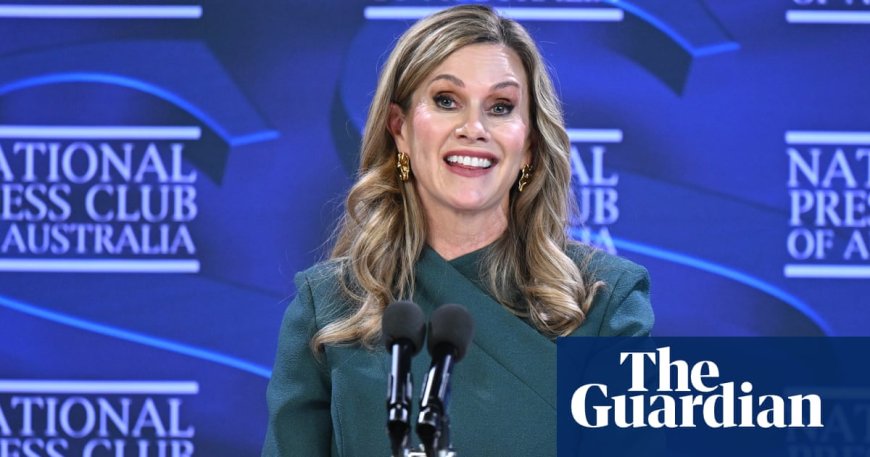YouTube Criticizes eSafety Commissioner's Push for Under-16s Social Media Ban Inclusion
YouTube has criticized the eSafety commissioner's call to include it in the under-16s social media ban, stating that the government should stick by its draft rules. The commissioner's speech outlined details of the upcoming social media age limit, emphasizing the need for platforms to verify users' ages and remove children.

YouTube has criticized calls for it to be included in the under-16s social media ban, accusing the nation’s online safety boss of ignoring parents and teachers. The eSafety commissioner, Julie Inman Grant, has urged the government to rethink its decision to carve out the video sharing platform from the minimum social media age which will apply to apps such as TikTok, Snapchat, and Instagram.
YouTube has said the government should stick by its draft rules and disregard Inman Grant’s advice. Rachel Lord, YouTube’s public policy and government relations manager, stated that the eSafety Commissioner's position represents inconsistent and contradictory advice, ignoring Australian families, teachers, broad community sentiment, and the government’s decision.
Inman Grant’s speech outlined details of the social media age limit, to come into force in mid-December. Several social media platforms have expressed concerns about their obligations under the laws and doubts about building age assurance systems in time.
Age verification is expected to take place on individual platforms, with companies needing to report progress to eSafety and demonstrate tools to verify users and remove children. Inman Grant acknowledged that the systems would not be perfect but emphasized the legislation’s aim to shift the burden of reducing harm onto companies.
YouTube, pledged a carve-out by former communications minister Michelle Rowland, has been exempt from the ban due to its role in providing education and health support to children. The government will decide soon whether to amend the draft rules based on the commissioner’s advice.
YouTube maintained its focus on video distribution and watching content rather than social interactions. The platform has removed thousands of videos violating policies and designed age-appropriate products for young children. Lord emphasized that exempting YouTube from the ban aligns with the government’s commitment and community sentiment.
The shadow communications minister called for more clarity on the looming reforms, stressing the need to protect children from online vitriol. Questions remain about verification technology, platform requirements, and implementation of social media age standards by December 10, 2025.
According to the source: The Guardian.
What's Your Reaction?
 Like
0
Like
0
 Dislike
0
Dislike
0
 Love
0
Love
0
 Funny
0
Funny
0
 Angry
0
Angry
0
 Sad
0
Sad
0
 Wow
0
Wow
0

















































































































































